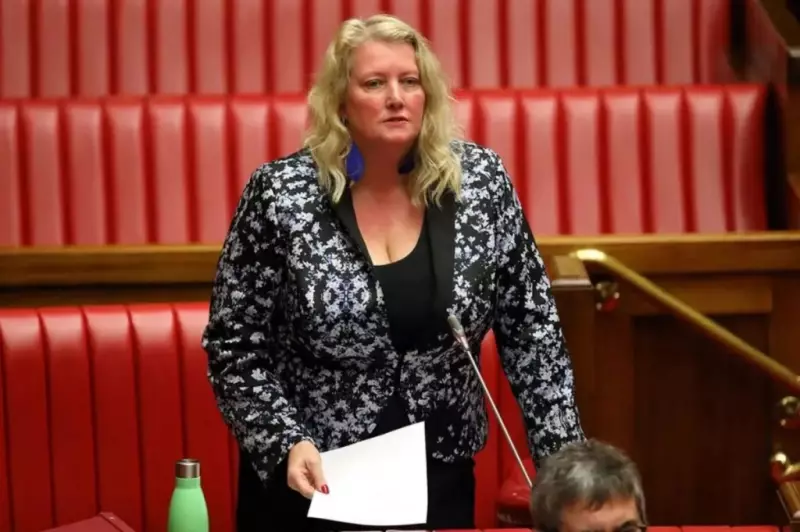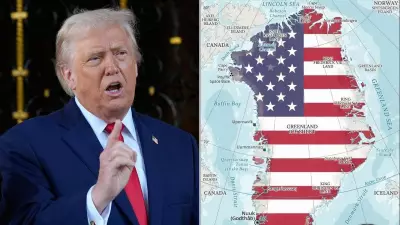
South Australian independent legislator Tammy Franks is set to challenge the state government today with a controversial motion targeting weapons exports to Israel.
Motion Calls for Divestment Over Human Rights Concerns
The motion, scheduled for introduction in the upper house on November 26, 2025, demands that the South Australian Government divest public entities from companies "which may be complicit in genocide and/or human rights abuses against the Palestinian people."
This bold political move represents one of the most direct challenges to Australia's relationship with Israel at the state government level. The motion draws inspiration from the contentious Boycott, Divestment and Sanctions (BDS) movement, which has sparked intense debate globally.
BDS Movement Influence Sparks Controversy
Franks' motion explicitly acknowledges its alignment with the principles of the BDS movement, a Palestinian-led initiative that has divided opinion across political and social spheres. The movement advocates various forms of boycott against Israel until it meets what supporters describe as "international law obligations" toward Palestinians.
The timing of this motion comes amid ongoing international scrutiny of military exports to conflict zones. Proponents argue that public funds should not support companies involved in potential human rights violations, while opponents typically characterize such motions as unfairly targeting Israel.
Potential Impact on South Australian Policy
If successful, the motion could force the South Australian Government to review its investment portfolios and contractual relationships with defense contractors and other companies operating in Israel. This would mark a significant shift in the state's foreign policy stance, traditionally handled at the federal level.
The motion's introduction by an independent member highlights the growing influence of crossbench politicians in shaping state policy on international matters. The outcome of today's parliamentary proceedings could set a precedent for similar actions in other Australian states.
All eyes will be on the upper house as lawmakers debate this politically charged proposal that bridges state politics with international human rights concerns.





